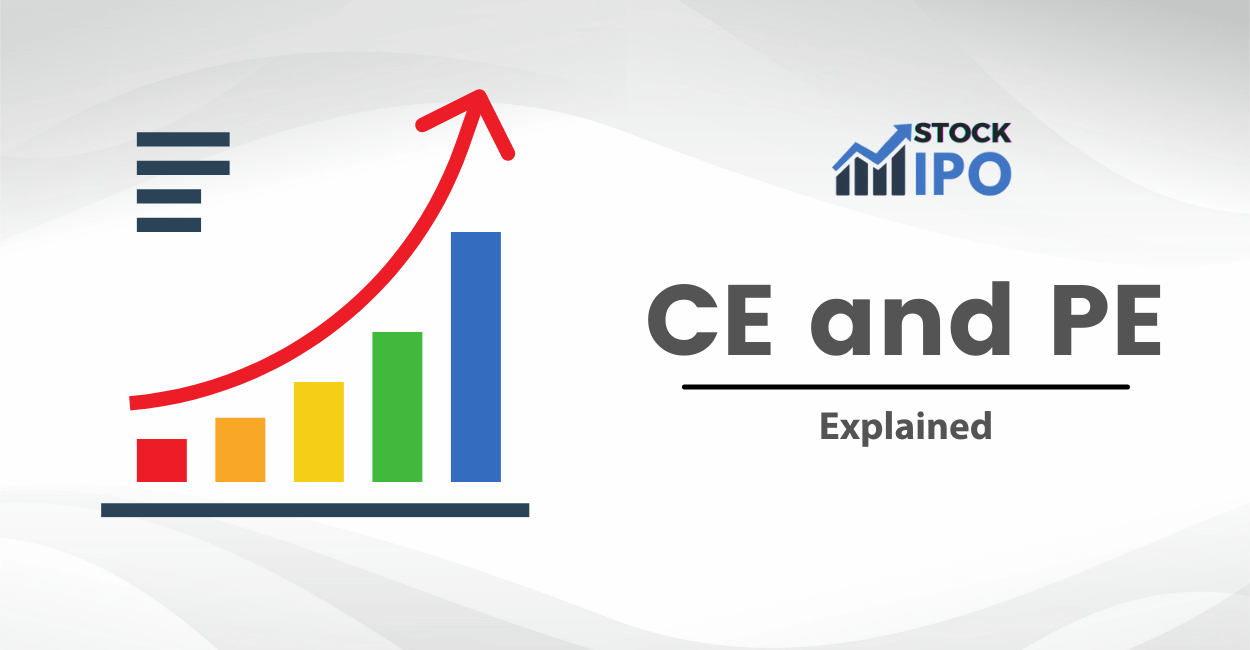The stock market offers a variety of choices for trading and investing. Traders can select a trading strategy depending on their financial objectives, the length of time they wish to invest, risk tolerance, and other considerations. However, there are two types of trading based on investment strategies: fundamental trading and technical trading. Furthermore, trading is classified depending on duration into intraday, swing, and positional trading.
Above all, stock market trading and investment are carried out in several areas such as commodities and futures & options. To carry out any of the actions listed above, the market participant must first select the appropriate form of trading account for the segment in which he wishes to trade or invest, and which complements its investment strategy.
In this article, we are going to discuss some of the most common types of trading accounts operating in India.
Types of Trading Accounts in India
There are various types of trading accounts in India , all of them are being used for specific purposes. Let’s discuss them one by one.
1. Equity Trading Account
Equity trading enables the account holder to trade in equities or stocks. Equities are basically the share of ownership in the firm that are freely exchanged on the NSE and BSE for listed companies. Today, the BSE has over 4,700 listed shares.
Besides trading in stocks, Equity trading account also enables trading in Futures and Options Segments which are called derivatives, as it does not require any delivery.
2. Demat Account
Demat is an abbreviation for dematerialization, which is the process of converting securities into electronic form. Traders had to deal with the inconvenience of using physical copies of share certificates that had to be verified at each point of transaction prior to the introduction of the Demat account in 1996. Trading was a time-consuming and slow process due to the time-consuming process of managing securities. These issues were greatly alleviated with the introduction of the demat account. A Demat account stores all of your securities, such as stocks, shares, and bonds, in electronic form.
3. 2 in 1 Trading Account
A 2-in-1 account is an investment account in the stock market. It consists of a demat account and a trading account. The demat account stores securities in electronic form, such as shares, bonds, debentures, and mutual fund units. The trading account is used to buy and sell stocks on the Indian stock exchange.
Investors require a savings bank account in addition to a demat and trading account. To complete the online transaction of buying/selling shares, the demat, bank, and trading accounts are linked together.
4. 3 in 1 Trading Account
A 3-in-1 account combines three separate accounts that are available from a few brokerage firms. It includes a bank account (where your money is kept), a trading account (a broker’s platform that allows you to trade in various financial instruments such as equity, futures, and options, among others), and a demat account, which stores your shares and other assets in a dematerialized or digital format.
A 3-in-1 account enables transactions between these three accounts to be seamless and integrated. When you buy shares through a trading account, the money is deducted from your bank account, and the shares are credited to your demat account.
5. Commodity Trading Account
Commodity trading is an important part of the overall market, but it requires a separate trading account. Even though commodity trading is as simple as stock trading, separate trading accounts are a holdover from a bygone era. Previously, the regulatory bodies for commodities and equities were separate, but the commodity trade was brought under the control of the SEBI a few years ago. Even though the regulator remains the same, the practice of separate trading accounts persists.
6. Discount and Full- service Trading Account
If you want to learn how to invest and trade on your own, or if you are already experienced, you should open a cheap brokerage account. A discount brokerage account has very low costs because you perform all of your trading yourself.
However, in addition to providing you with a trading platform and a trading account, full service brokers provide value through this advisory capacity. A full-service brokerage firm advises its clients on how to invest their money, how much to invest, and where to invest it.
7. Online and offline Trading Account
Online trade is a computerized, streamlined form of offline trading. It is simply the purchase and sale of assets via an online trading platform offered by a broker. Stocks, bonds, mutual funds, ETFs, futures, and currencies can all now be traded online.
Offline trading occurs when you physically notify your broker to conduct a deal on an exchange. You can call or visit your broker’s office. Your broker will validate your details and place the trade on your behalf. Offline transactions would almost certainly take longer. The broker and the trader, as well as the broker and the exchange, may communicate extensively.
Conclusion
Investing in India is simple and open to anybody. This does not have to be excessively expensive, especially if you use some of the newer commission-free brokerages. Moreover, through the initiative of SEBI (Securities and Exchange Board Of India) the brokerage houses are becoming more transparent with their clients. This has led to the significant boost in the opening of new trading accounts.
According to depositories, the number of active dematerialised (demat) accounts in the country increased by 63% in the previous year to 89.7 million in fiscal year 2021-22 (FY22). Factors such as increased smartphone usage, quicker digital onboarding of clients, and attractive returns from equities markets all contributed to the expansion.
The Central Depository Services (CDSL) had 63 million accounts with Rs 37.2 trillion in assets under custody as of March 31, along with the National Securities Depository (NSDL) handled 26.7 million accounts with a total account value of Rs 302 trillion.







